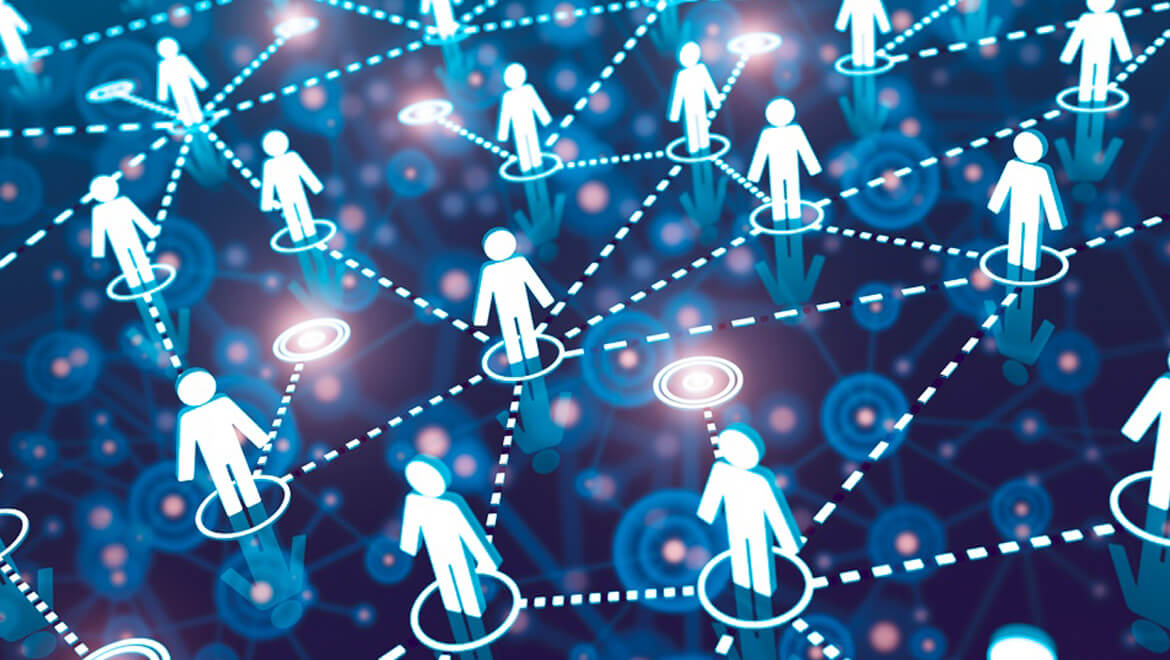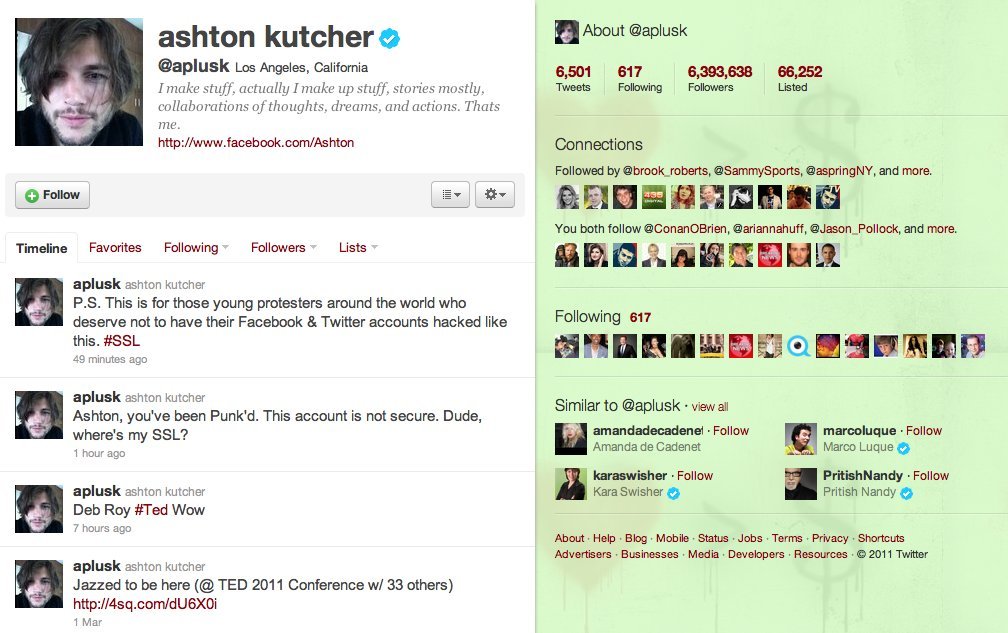Our uses of technology as a whole have drastically changed
with the technology’s rapid development over the past several decades. At
first, It was simply enhancing the capacity for an average worker to
communicate with others to get work done with computers, email, and work
phones. Now, technology has become the epicenter of entertainment and sources
of pleasure, as it encapsulates the advancement of the internet, social media,
smartphones, television, and so much more. It has become our lifeline,
especially now with the coronavirus pandemic forcing us in our homes, with our
devise being our first outlet for comfort and a distraction. With everyone
using technology now more than ever, it is important to view how our personal
relationships with technology truly are, and whether we are going about it in
the correct way. So, I am going to be examining my own relationship with
technology, while trying to identify what it says about me as well as whether
or not I should adjust it in the future.
My initial relationship with technology obviously has a lot
to do with the generation I’ve grown up with. I’m personally a part of the
generation z but was born towards the beginning of that generation in 2000, so
I constantly feel sort of stuck between the gen z and millennial generations.
It makes for a weird balance when it comes to technology, because I use
technology so much nowadays and yet my childhood didn’t really evolve around it
like many kids do today. A lot of those younger gen z kids were using
smartphones and tablets since they were 7-8, and according to Inc.com,
the average age now for a kid to receive their first smartphone is 10.3. It
also says that 50% of kids have a social media account by age 12 now, which
isn’t what I, nor my generation grew up on. I didn’t have a smartphone to use
until I was around 13 in middle school for communicating with my parents, and I
didn’t use social media until 15. Also, I still have plenty of memories from my
childhood that didn’t really involve technology (nerf wars with other
neighborhood kids my age). So, although our generation is typically stereotyped
as being the first to be born into the current state of technology, I don’t
really feel as if I’ve been connected to it all my life. Researchers
and experts have even show how gen z isn’t as interconnected with technology,
as many prefer face-face communication and consumed or dependent on technology.
I can’t say I, nor our generation,
aren’t defined by our technology usage, but I don’t believe I am as reliant on
it as the gen z stereotype says.
:max_bytes(150000):strip_icc()/Getty_screen_time_children_ignoring_each_other_LARGE_JGI-Jamie-Grill-58124e615f9b58564cc66168.jpg)
Now, with that said, I am typically in front of some sort of
the screen for the majority of the day (especially now). A lot of it is spent
working on schoolwork, and this is obviously a fair use of that technology.
It’s one of the main reasons why it’s made available to everybody. However,
after working, the majority of my screen time isn’t really spent communicating,
networking, or interacting with people, but merely just scrolling on social
media. For me, and I would think many others, my relationship isn’t unhealthy
in terms of the quality of usage, but of the quantity that I’m just not
actually interacting. I can think of numerous occasions where I’ve spent an
hour to an hour and a half just looking at what other people post on twitter
and Instagram. I’m interacting with social media in this way, but I’m not
really communicating at all, which I think isn’t necessarily unhealthy, but I
don’t think it’s something I should be practicing as much.
Finally, I think that technology generally is meant to keep
people informed and connected with the rest of the world. However, I think a
large portion of technology, myself included, tend to stray away from this
aspect and overuse it to the point where it generally has a negative effect on
people’s health. There has been a spike in mental health cases over the past
decade, and I think technology has a significant part to do with that, as research
it seems to be the cause of many health issues, such as depression and anxiety,
to physical pain such as eyestrain and sleep deprivation. Overall, I think
society’s general overuse of technology tends to encourage people to become
more isolated as we all feel like we can’t live without our phones. We’re so attached
to them that we hardly ever consider if it’s detrimental to our well being
unless it’s brought up by someone else. Although I personally don’t think I
have a major problem with my use of technology, I do think it generally makes
me more bitter and angry when I consume it in abundance. I should probably
start implementing necessary steps to ensure things never get out of hand.

/cdn.vox-cdn.com/uploads/chorus_asset/file/12865923/acastro_180430_1777_5G_0001.0.jpg)



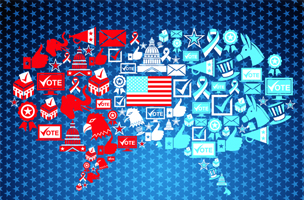
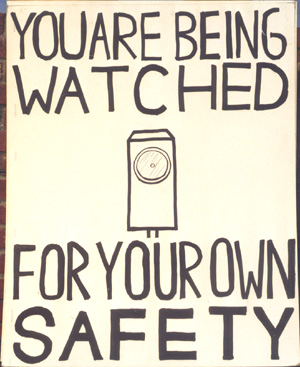



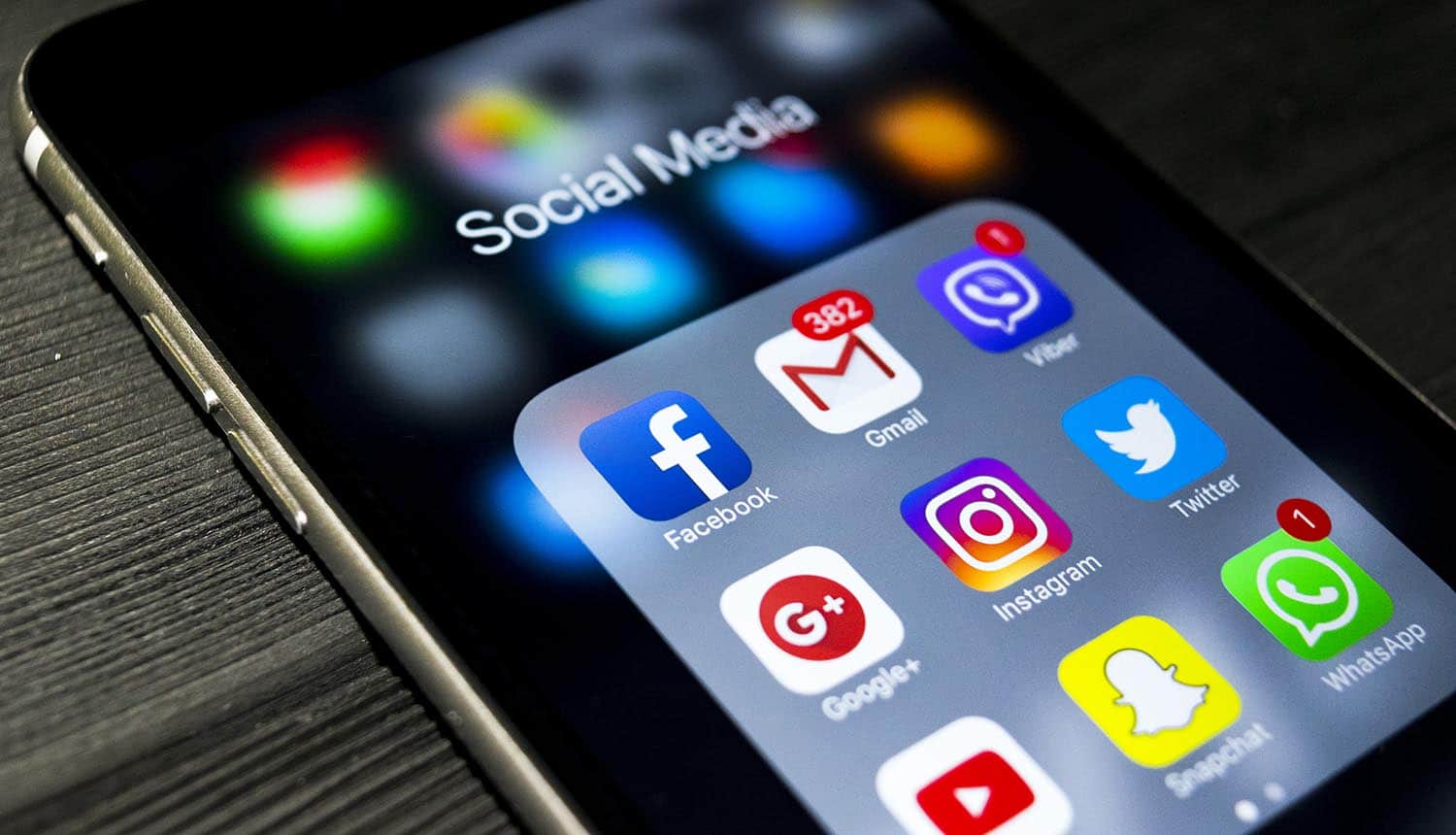
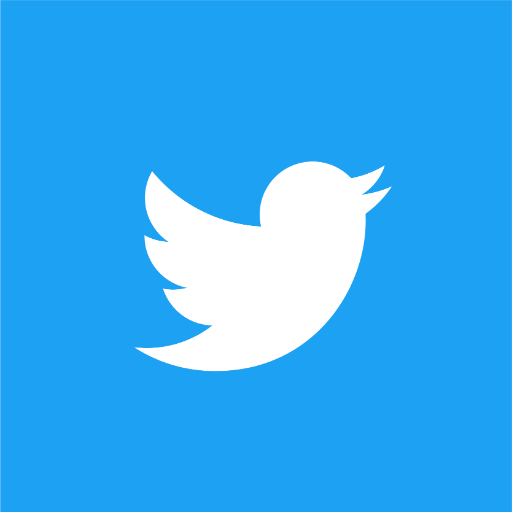 The same goes for my
usage of snapchat and Instagram. I’d have to say I’m a fairly unique Instagram
user, as I haven’t posted my face in any of my previous posts. I also rarely
post to begin with, as it’s been nearly 2 years since I’ve last posted. I
mostly have it just to keep track of how my friends from high school are doing.
The same goes for Snap Chat, which I mostly use just to communicate with
friends. Like Instagram, I rarely post publicly, and when I do, I never show my
face or give my location. So, if someone were to glean at any of my social
media pages, they’d really only find that I post a lot about the current world
of sports, and that I’m interested in pop culture news surrounding movies and
television series.
The same goes for my
usage of snapchat and Instagram. I’d have to say I’m a fairly unique Instagram
user, as I haven’t posted my face in any of my previous posts. I also rarely
post to begin with, as it’s been nearly 2 years since I’ve last posted. I
mostly have it just to keep track of how my friends from high school are doing.
The same goes for Snap Chat, which I mostly use just to communicate with
friends. Like Instagram, I rarely post publicly, and when I do, I never show my
face or give my location. So, if someone were to glean at any of my social
media pages, they’d really only find that I post a lot about the current world
of sports, and that I’m interested in pop culture news surrounding movies and
television series.